
Dame Millicent Garrett Fawcett was an English politician, writer and feminist. She campaigned for women's suffrage by legal change and in 1897–1919 led Britain's largest women's rights association, the National Union of Women's Suffrage Societies (NUWSS), explaining, "I cannot say I became a suffragist. I always was one, from the time I was old enough to think at all about the principles of Representative Government." She tried to broaden women's chances of higher education, as a governor of Bedford College, London and co-founding Newnham College, Cambridge in 1875. In 2018, a century after the Representation of the People Act, she was the first woman honoured by a statue in Parliament Square.
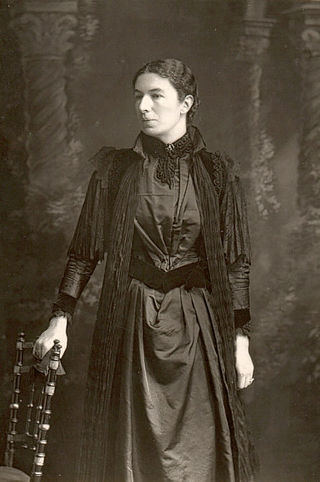
Mary Augusta Ward was a British novelist who wrote under her married name as Mrs Humphry Ward. She worked to improve education for the poor and she became the founding President of the Women's National Anti-Suffrage League.
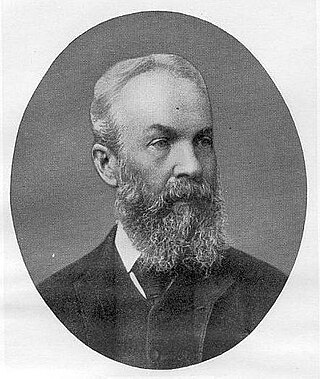
Henry Nettleship was an English classical scholar.

Anne Jemima Clough was an early English suffragist and a promoter of higher education for women. She was the first principal of Newnham College.

Sarah Austin was an English editor, linguist and translator from German-language books. She did much to make Germany familiar to the English.

Hiram Corson was an American professor of literature.
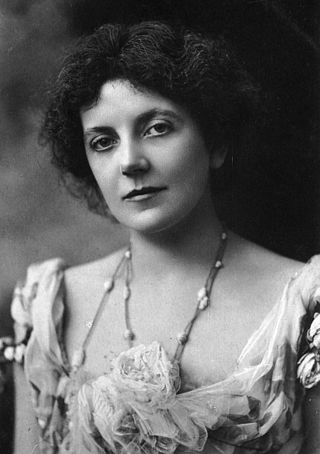
Lena Margaret Ashwell, Lady Simson was a British actress and theatre manager and producer, known as the first to organise large-scale entertainment for troops at the front, which she did during World War I. After the war she created the Lena Ashwell Players.
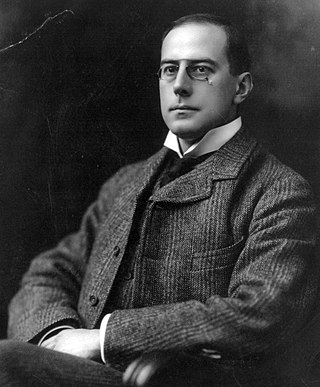
Hugh Chisholm was a British journalist, and editor of the 10th, 11th and 12th editions of the Encyclopædia Britannica.

William Leonard Courtney was an English author, philosopher and journalist whose 38-year career encompassed work on the Daily Telegraph and Fortnightly Review.

St Leonards School is an independent boarding and day school for pupils aged 4–19 in St Andrews, Fife, Scotland. Founded in 1877 as St Andrews School for Girls Company, it adopted the St Leonards name upon moving to its current premises, the site formerly occupied by the University of St Andrews’ St Leonard's College, in 1883.
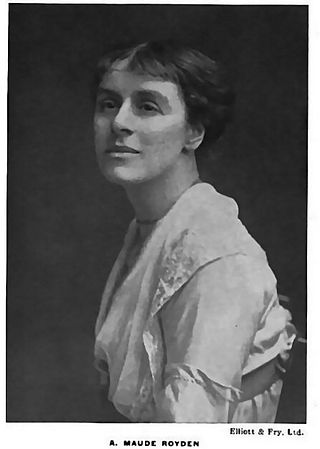
Agnes Maude Royden, later known as Maude Royden-Shaw, was an English preacher, suffragist and campaigner for the ordination of women.
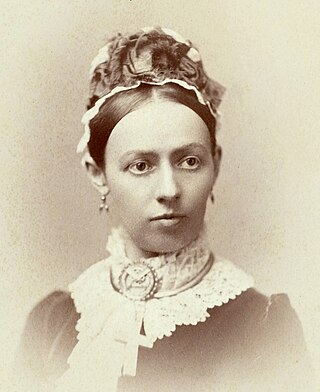
Dame Mary Ann Dacomb Scharlieb, DBE was a pioneer British female physician and gynaecologist in the late 19th/early 20th centuries. She had worked in India and by her persistence she returned to the UK to become a qualified doctor. She returned to Madras and eventually lectured in London. She was the first woman to be elected to the honorary visiting staff of a hospital in the UK and one of the most distinguished women in medicine of her generation.
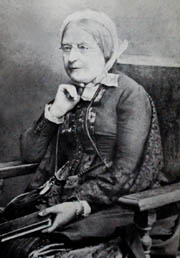
Maria Georgina Grey, also known as Mrs William Grey, was a British educationist and writer who promoted women's education and was one of the founders of the organisation that became the Girls' Day School Trust. The college she founded was named in her honour the Maria Grey Training College.
Jennifer Sheila Uglow is an English biographer, historian, critic and publisher. She was an editorial director of Chatto & Windus. She has written critically acclaimed biographies of Elizabeth Gaskell, William Hogarth, Thomas Bewick, and Edward Lear, and a history and joint biography of the Lunar Society, among others, and has also compiled The Macmillan Dictionary of Women's Biography.

Dorothea Elizabeth Irving, Lady Brunner, OBE, JP was a British actress, the daughter of actors H. B. Irving and Dorothea Baird, and the granddaughter of Victorian era stage star Henry Irving. Her older brother was the Hollywood set designer and art director Laurence Irving. Elizabeth Irving was the Chairman of the National Federation of Women's Institutes (W.I.) and in 1955 founded the Keep Britain Tidy Group, acting as President of the Group for 19 years from 1966.
Janet Buchanan Adam Smith OBE was a writer, editor, literary journalist and champion of Scottish literature. She was active from the 1930s through to the end of the century and noted for her elegant prose, her penetrating judgement, her independence of mind – and her deep love of mountains and mountaineering.

Eliza Orme, also called Elizabeth Orme was the first woman to earn a law degree in England, from University College London in 1888.
Jane Elizabeth Jones was an American suffragist and abolitionist and member of the early women's rights movement.

Elizabeth Morrison Harbert was a 19th-century American author, lecturer, reformer and philanthropist from Indiana. She was the first women to design a woman's plank and secure its adoption by a major political party in a U.S. state.
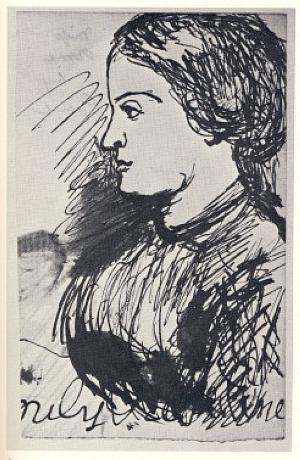
Emily Rosaline Orme (1835–1915) was a leader of the Edinburgh National Society for Women's Suffrage. She was a noted campaigner for women's suffrage in Scotland.
















